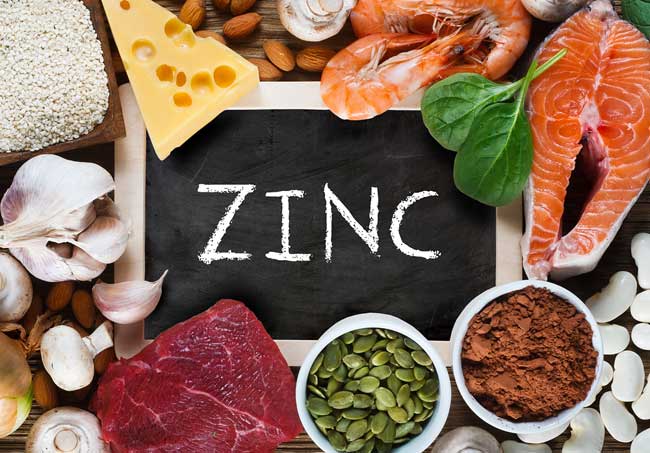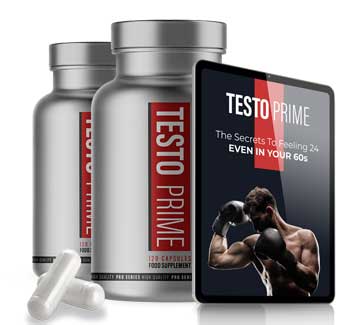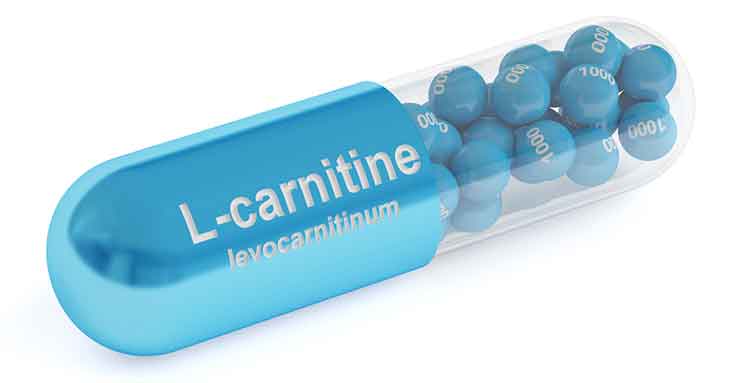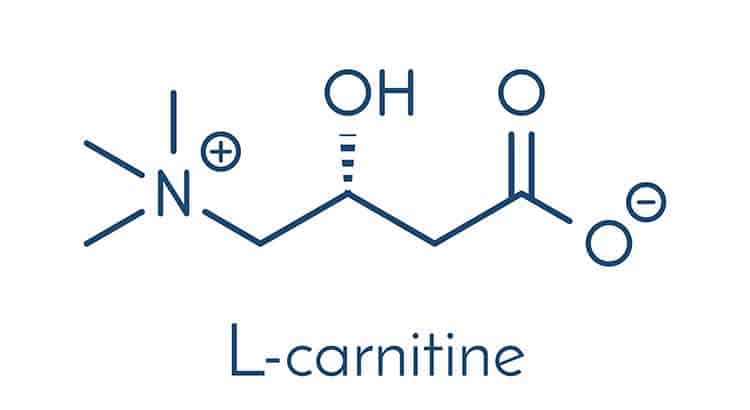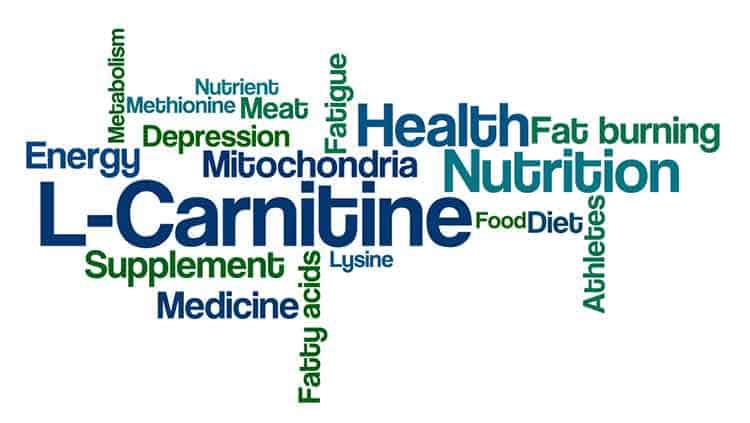Keeping a healthy diet is important and eating foods that are considered anti-inflammatory is a good way to start. But there are many foods out there that you might not know about. Fortunately, there are a few good options out there, and we’ve compiled a list of the top 10 anti-inflammatory foods you can eat in 2024.
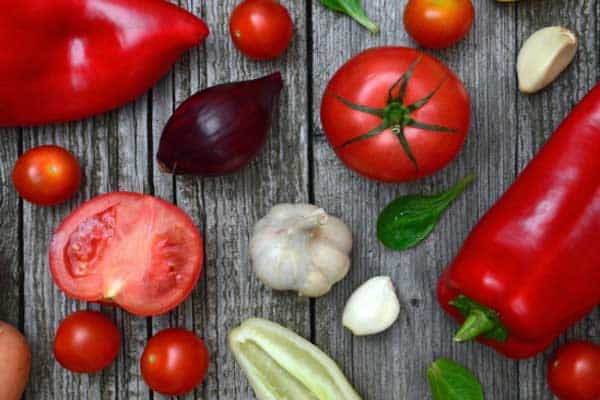
Greens
Adding greens to your diet can be a great way to fight inflammation. These foods are packed with antioxidants, vitamins, minerals and other nutrients. They can also help reduce your risk of various cancers, improve your brain health, and increase your heart health. Here are a few ways to include them in your daily diet.
Dark leafy greens are a great source of antioxidants and anti-inflammatory nutrients. They contain lutein, anthocyanins, beta carotene, and minerals. They’re also high in fiber and protein. This is important since a diet rich in these nutrients can help balance your blood sugar and enhance your detoxification processes. They’re also great in smoothies and protein shakes.
Green tea has been shown to have anti-inflammatory properties. It contains Epigallocatechin-3-gallate, which has been found to suppress the production of pro-inflammatory cytokines. It’s also been shown to reduce the risk of diabetes and cancer.
Leafy greens contain Vitamin E. This vitamin is one of the best natural antioxidants and can help reduce inflammation. It can also protect your heart, improve brain health, and improve your skin.
Dark leafy greens also have the best natural source of vitamin E. They’re also high in antioxidants, including vitamins A, C, and K. They can also be used to replace iceberg lettuce in salads.
Must Read: Should You Eat Carbs After a Workout – Build Muscle, Burn Fat – Fast Carbs After a Workout? Carbohydrates are the present day villain of the macronutrients. People following keto diets have decided to forego them completely, relying on their livers to synthesize ketone bodies from which they derive their energy. Continue reading
Nuts
Adding nuts to your diet can provide great benefits, especially if you have a tendency towards inflammation. Nuts are packed with healthy fats, fiber, and protein. They also contain phytonutrients, antioxidants, and phenolic compounds.
Studies have shown that people who consume a lot of nuts have lower levels of inflammation-causing molecules. This may explain the link between nut intake and cardiometabolic diseases.
Some studies have also indicated that nuts may help with cognitive impairment. They may improve attention, executive function, visual-spatial abilities, and processing speed.
A study found that participants who ate five or more servings of nuts per week had fewer inflammatory biomarkers. The association remained significant even after adjustment for body mass index.
In addition to nuts, fatty fish such as tuna, salmon, and mackerel are also anti-inflammatory. They have high levels of omega-3 fatty acids.
Walnuts are also a good source of anti-inflammatory benefits. They contain a large amount of alpha-linolenic acid, an omega-3 fatty acid that has been shown to reduce inflammation.
Another anti-inflammatory food that you may want to consider is green tea. Green tea contains antioxidants, and it also has anti-inflammatory properties.
Another healthy food to include in your diet is avocado. Avocados are packed with heart-healthy fats.
Green smoothies
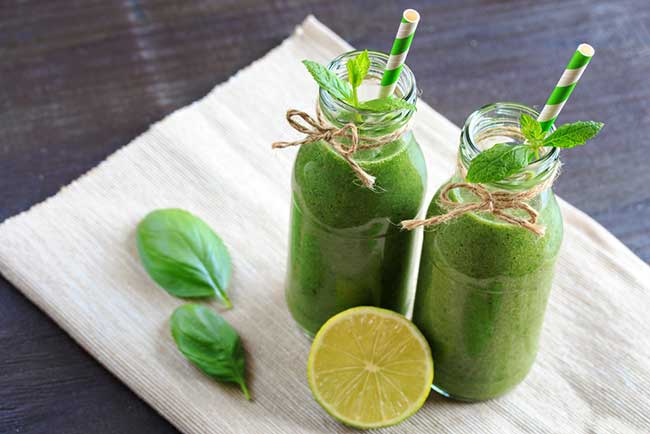
Adding anti-inflammatory foods to your diet can help your body heal quicker. Eating these foods can also help reduce chronic inflammation.
A green smoothie is an easy way to get healthy foods into your diet. The recipe uses simple, everyday ingredients and contains vitamins, minerals, and fiber to fight inflammation. It also promotes better healing and builds healthy long-term habits.
Leafy greens, such as spinach, are excellent sources of antioxidants and vitamins. They also contain chlorophyll, which helps the body detoxify. These foods are also high in iron and calcium.
Dark leafy greens, such as kale, are also a good source of fiber. They also contain healthy monounsaturated fats. They are also an excellent source of vitamin C.
Bananas are also great for reducing inflammation. They are high in fiber and contain antioxidants. They also contain potassium, which is good for your heart.
Avocados are rich in magnesium and omega-3 fatty acids. These foods also contain soluble fiber that protects your body from inflammatory compounds. They also have anti-bacterial properties.
Turmeric is also a great anti-inflammatory food. It contains curcumin, which is a powerful antioxidant. Turmeric is also known for reducing acne and improving skin health.
Olive oil
Those who follow a Mediterranean diet are often recommended to include olive oil as a healthy fat source. Olive oil contains antioxidants that help prevent oxidative stress, which can lead to cardiovascular disease. It also has compounds that reduce LDL cholesterol. Olive oil has also been linked to a reduced risk of diabetes and cancer.
One of the most prominent antioxidants in olive oil is oleocanthal. This compound also has anti-inflammatory effects. It works similarly to ibuprofen.
Another key antioxidant is hydroxytyrosol. It has anti-cancerous effects and has a powerful anti-inflammatory effect. It’s also known to inhibit platelet-activating factor. This is one of the risk factors for stroke.
Another anti-inflammatory compound is curcumin. It stabilizes blood sugar and relieves muscle and joint aches. It can be used in soups, stews, and vinaigrettes. It’s also found in turmeric and flaxseed oil.
Olive oil is also rich in oleic acid, an omega-three fatty acid. It helps facilitate wound healing and may reduce LDL cholesterol. It may also improve bone health.
In addition, olive oil contains oleocanthal and polyphenols, which are both powerful antioxidants. Olive oil also contains a variety of other health benefits. It’s believed to be beneficial for the cardiovascular system, and may have cognitive benefits. It’s also been linked to weight loss.
Onions
Having an anti-inflammatory diet can help alleviate some of your inflammation symptoms and lead to better overall health. Chronic inflammation is a major contributor to major diseases such as cancer, cardiovascular disease and type 2 diabetes. You may be surprised to learn that many grocery store foods are a great source of anti-inflammatory properties. Whether it’s a smoothie, a meal or a snack, these foods are a great way to help tame inflammation in your body.
One of the most powerful anti-inflammatory foods is garlic. This nutrient is naturally anti-viral, anti-fungal and antioxidant. It also has a powerful immune-boosting effect. It has been used therapeutically for many years. Its anti-bacterial properties are also important.
Other anti-inflammatory foods include fruits and vegetables. These are packed with antioxidants and other beneficial compounds. These foods are also high in fiber. Fiber can help reduce inflammation in the body and also helps prevent the formation of C-reactive protein. Fiber has also been linked to improved heart health.
Beets are also a good source of anti-inflammatory compounds. They contain powerful plant pigments known as betalains. They also help protect against cancer. Beets are also packed with fiber and folate. They are an excellent source of omega-3 fatty acids. Adding beetroot to your diet can help reduce inflammation and protect against heart disease.
Turmeric
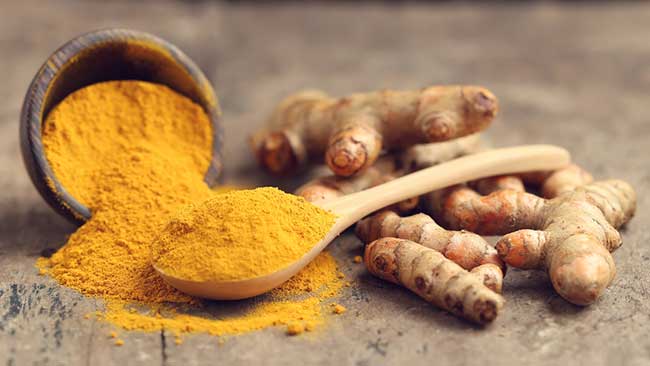
Adding turmeric to your diet can have many benefits. It is known to relieve inflammation, fight off infections, and promote bone health. The spice is available in fresh, dried, and powdered forms.
The spice is an excellent source of antioxidants and Vitamin C. You can easily incorporate it into your diet. It is also a good source of fiber, which will help reduce inflammation in the body.
Turmeric has also been used for medicinal purposes in different cultures, including Chinese medicine and Ayurvedic medicine. There is some evidence that it has antiseptic properties. It also contains an active ingredient called curcumin. It is an antioxidant, and it can inhibit the growth of cancer cells.
A good place to find turmeric is in the spice aisle of your local grocery store. You can also purchase turmeric supplements. However, turmeric does not have all of the nutrients your body needs, so a balanced diet is the best way to get the most benefit from this spice.
Turmeric is a powerful antioxidant, and it can also be beneficial to your heart. Studies have shown that it can lower bad cholesterol and protect your heart from heart disease.
It is also known to help cure a cold or flu. Studies have also shown that it can help relieve pain and inflammation in osteoarthritis.
Coldwater fatty fish
Including coldwater fatty fish in your diet is one of the top anti-inflammatory foods you should be eating in 2024. They’re rich in omega-3s and contain essential protein, which can help protect your heart. They’re also low in calories, so they can help slim down.
They’re a great source of fiber and antioxidants, which can fight inflammation. They also contain vitamin B12, which can support nerve function.
Other foods high in omega-3 fatty acids include walnuts, beans, and tuna. They may also help reduce chronic diseases, such as heart disease and arthritis.
Coldwater fatty fish should be eaten in moderation. Some types contain mercury, which can be harmful. Also, some fish are high in dioxins, which may increase the risk of heart disease.
You should also avoid processed foods, which contain trans fats. Saturated fats and sugar cause inflammation. Saturated fats can raise cholesterol and increase your risk for heart disease. Similarly, fried foods and other foods high in trans fats are also pro-inflammatory.
You should eat more fruits and vegetables in your diet. These are high in antioxidants and phytonutrients, which can reduce inflammation and help your immune system. They also contain vitamins and minerals that can lower your risk for heart disease.
Related content



